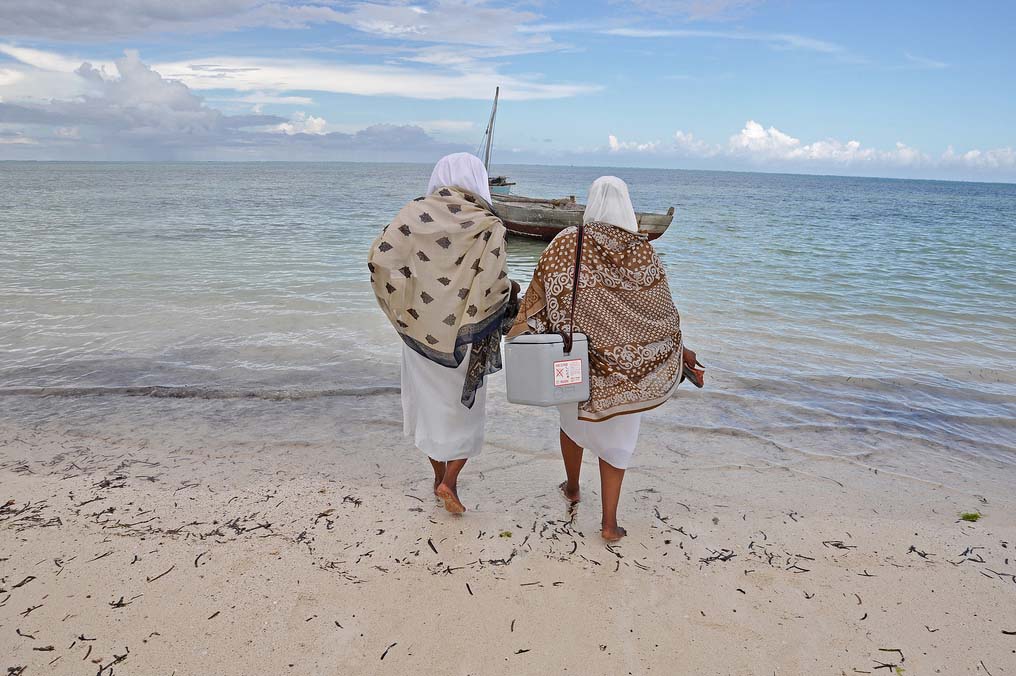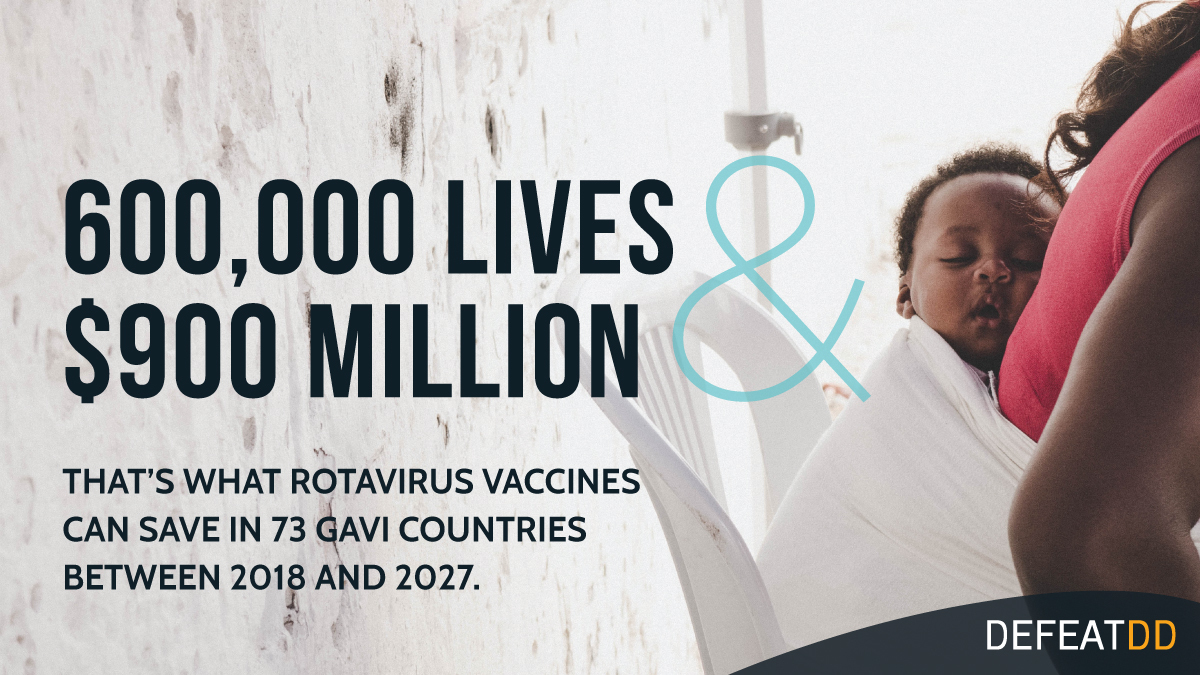
Beyond COVID-19: Immunization is a smart investment for societies and economies

Photo: PATH/Doune Porter.
This post also appears on the Take On Typhoid website.
It is hard to escape news about vaccines right now. Locally and globally, we are inundated with updates about vaccines against COVID-19 and how a return to life without social distancing is not possible until a vaccine is available.
As the world fixates on the need for a new vaccine to get our economies and societies turning again, we must not lose sight of the more than 100 prequalified vaccines that exist already, keeping infants, children, and adults protected against infectious diseases. These tools play a critical role in preserving human and financial health too.
Thanks to donors, some good news headlines
Since Gavi, the Vaccine Alliance, began two decades ago, global resources have helped vaccinate more than 760 million children in some of the world’s least-resourced countries. More than 13 million lives have been saved, and impressively, this has generated more than US$150 million in economic benefits in Gavi-supported countries. Where international donor funds have made vaccine access a reality, the impact is not just health but improved economic wealth. Health and economic growth are linked, and our global economy binds us together. As we have witnessed with the ravages of the COVID-19 pandemic, our global health binds us together, too.

Vaccines need a support system
Too often we lose sight of how vaccines—once developed and manufactured—make their way to the urban capitals and remotest communities of our world. We too often assume that once vaccines are prequalified and available that suddenly vials and pre-filled syringes will appear in fridges, coolers, and in the hands of health care workers and vaccinators around the world.
The reality is that vaccinating a person takes immense human and financial resources and a series of carefully choreographed supply chain steps from lab table to manufacturer through customs, warehousing, and ultimately local distribution to a clinic. For the vaccine portfolio we have available now—and the ones in the pipeline—the importance of donor support for all vaccines cannot be underestimated.
This support makes the vaccine journey possible: from the manufacturer, onto an airplane, through a supply chain, and distributed to a health clinic regardless of where a child lives. It helps train health care workers to ensure vaccines are given safely. It bolsters the human capital and infrastructure to maintain cold storage and safe handling. Low-income countries depend on Gavi for this support.
Looking ahead: A focus on equity
As Gavi begins its next 20 years, the discussion is not about “rich and poor” countries, but rather about the importance of health equity and ensuring that a child in a small, rural village in a low-income country has the same access to vaccines as a child living in a wealthy, suburban community in a high-income country. And, importantly, that national coverage data and apparent success reflect true equity at the local level.
To advance equity, investments in a rapidly developed COVID-19 vaccine must occur alongside, not instead of, continued attention to the hundreds of vaccines that already protect our communities—and their necessary support systems. Vaccines have been—and remain—one of the safest and most cost-effective global health interventions. Too many countries cannot afford to maintain robust supply chains and vaccine introductions without the help of the international donor community.
Now is not the time to turn inward, but instead, to fully embrace the realities of an interconnected world. We are each other’s best solution and biggest hope to successfully battle COVID-19 and to continue our progress against other deadly scourges, including measles, polio, typhoid, pneumonia, rotavirus, and so many more. It is not about “our health” but about “the world’s health.” We must act together, as if our health depends on each other. Because it does.


